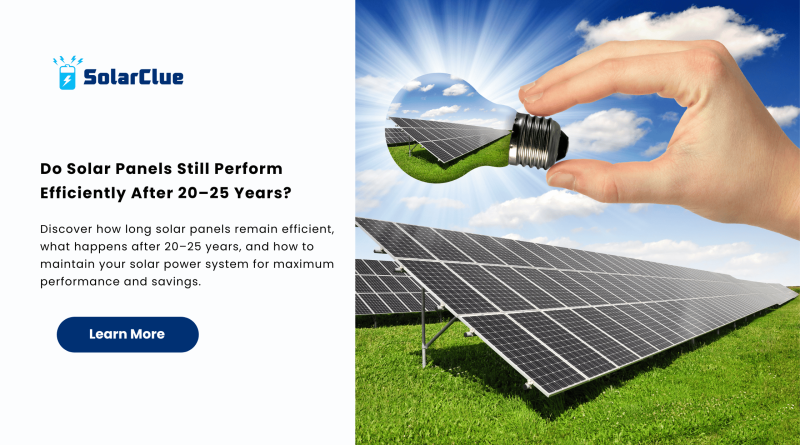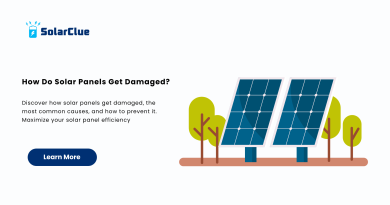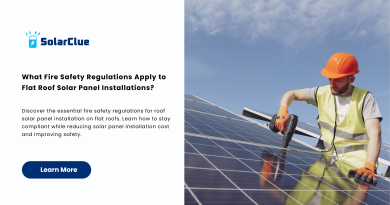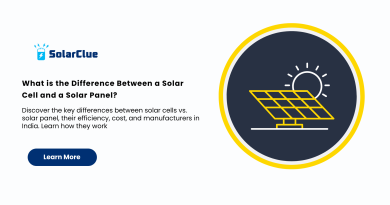Do Solar Panels Still Perform Efficiently After 20–25 Years?
Do Solar Panels Still Perform Efficiently After 20–25 Years? When homeowners consider switching to solar energy, one of the most common concerns is: “Will my solar panels still work efficiently after 20 to 25 years?” The simple answer is yes—but there are factors you need to understand. While solar panels do lose a bit of efficiency over time, they don’t just stop working after a couple of decades. In fact, most panels can last well beyond 25 years while still generating significant power. Let’s explore how solar panel efficiency holds up in the long run and what you can do to keep your system running strong.
Table of Contents
- 1 Understanding the Lifespan of Solar Panels
- 2 What Happens to Solar Panels After 25 Years?
- 3 Key Factors That Impact Long-Term Solar Panel Efficiency
- 4 Is It Possible to Improve Efficiency After 20 Years?
- 5 Should You Replace Your Solar Panels After 25 Years?
- 6 Technological Improvements: Then vs. Now
- 7 What About the Inverter?
- 8 Long-Term Financial Value of Solar Panels
- 9 Environmental Benefits Over Time
- 10 Warranty Coverage and Performance Guarantees
- 11 Is Solar Still a Smart Investment Today?
- 12 Tips to Extend Solar Panel Life
- 13 Final Thoughts: Are Solar Panels Efficient After 25 Years?
- 14 FAQs
Understanding the Lifespan of Solar Panels
Today’s best solar panels are designed to last 25 to 30 years or more. The industry standard for degradation is around 0.5% to 1% per year. This means after 25 years, your panels could still operate at roughly 75%–87% of their original capacity. That’s still a solid performance level, especially when you consider the amount of money saved on electricity bills over time.
What Happens to Solar Panels After 25 Years?
After two decades, your solar panel for home won’t just shut down. Instead, it will gradually produce slightly less solar energy each year. The decline in output is often minimal and slow. Most manufacturers even guarantee that their panels will maintain at least 80% efficiency after 25 years, making them a smart long-term investment.
Key Factors That Impact Long-Term Solar Panel Efficiency
1. Quality of Solar Panels
Not all solar panels are created equal. The best solar panel for home use will typically degrade slower and last longer due to better materials and more advanced manufacturing processes. Investing in top-tier brands ensures you get maximum value and performance over time.
2. Installation Quality and Placement
The positioning and angle of your solar panels play a critical role. Proper installation ensures your system receives optimal sunlight, reducing strain on the system and enhancing long-term solar panel efficiency.
3. Regular Maintenance
Routine solar panel maintenance—like cleaning dirt, leaves, and snow—can help you get the most out of your system. Occasional inspections to check for cracks, corrosion, or faulty wiring also go a long way in extending performance.
Is It Possible to Improve Efficiency After 20 Years?
Yes, it is. You can upgrade your system by adding new, more efficient panels or replacing old inverters. These enhancements can significantly improve your overall solar power system performance. Additionally, newer inverters can help older panels perform better by converting more solar energy into usable electricity.
Should You Replace Your Solar Panels After 25 Years?
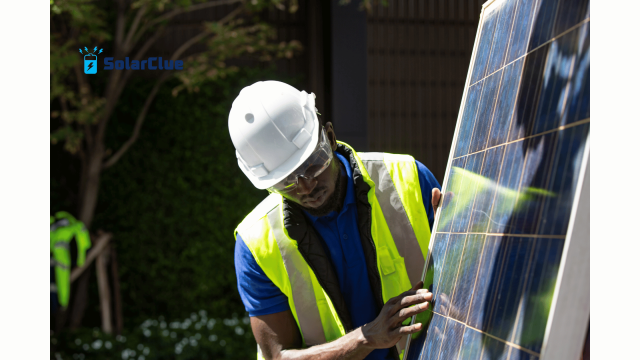
You might not need to. As long as your panels are still producing a sufficient amount of electricity and your energy needs haven’t drastically increased, there’s no urgency to replace them. Replacement becomes necessary only if panel performance falls below acceptable levels or if maintenance costs rise above the solar panel cost of installing a new system.
Technological Improvements: Then vs. Now
Panels today are far more efficient and durable than those made two decades ago. If you installed panels in the early 2000s, you might see significant improvements in performance and design by upgrading. However, blending old and new panels is possible with a skilled installer’s help to ensure even performance across your array.
What About the Inverter?
While solar panels can last up to 30 years, inverters generally need replacement every 10 to 15 years. If your inverter isn’t functioning efficiently, it could affect the entire system. Replacing or upgrading your inverter after a decade can significantly enhance overall system output.
Long-Term Financial Value of Solar Panels
Even after 25 years, a slightly less efficient system can still save you thousands on your electricity bills. Given the relatively low solar panel cost today and the high cost of electricity, you’ll continue to see savings—especially if you’re using high-quality panels and maintaining them properly.
Environmental Benefits Over Time
Beyond savings, solar energy remains a clean, renewable energy source. Even slightly degraded panels continue to reduce your carbon footprint, support sustainability, and decrease your reliance on fossil fuels. It’s a long-term win for both your wallet and the planet.
Warranty Coverage and Performance Guarantees
Most solar panels come with two warranties: a product warranty (typically 10–15 years) and a performance warranty (usually 25 years or more). These ensure that your panels will still perform at a certain efficiency level decades after installation. When choosing the best solar panel, look closely at warranty details for added peace of mind.
Is Solar Still a Smart Investment Today?
Absolutely. Thanks to technological improvements and competitive pricing, solar panel for home installation has never been more appealing. If you’re considering going solar, check out the latest systems at solarclue.com, where you can find reliable and durable panels that are built to last.
Tips to Extend Solar Panel Life
-
Schedule annual inspections
-
Clean panels quarterly or after dust storms
-
Trim trees or bushes that cause shading
-
Monitor inverter and battery health
Final Thoughts: Are Solar Panels Efficient After 25 Years?
In conclusion, yes—solar panels still perform efficiently after 20–25 years. With only minor degradation, consistent solar panel maintenance, and smart upgrades, your system can continue to serve your energy needs reliably. Whether you’re already using solar or considering making the switch, it’s a long-term investment that keeps on giving. For expert insights, product recommendations, and more, visit blog.solarclue.com and explore the world of solar innovation.
FAQs
1. How efficient are solar panels after 25 years?
Most solar panels operate at about 75–87% of their original efficiency after 25 years.
2. Do I need to replace solar panels after 25 years?
Not necessarily. If they’re still generating enough power and are in good condition, you can continue using them.
3. Can I add new panels to an older system?
Yes, you can upgrade by adding new panels or improving your inverter for better performance.
4. What is the degradation rate of solar panels?
Generally, it’s around 0.5% to 1% annually depending on the quality of the panel.
5. Are solar panels still cost-effective after 20 years?
Yes. Even with reduced efficiency, you’ll continue saving on energy bills and reducing environmental impact.
Ready to invest in long-lasting solar technology? Explore powerful options at solarclue.com and dive deeper into the world of green energy at blog.solarclue.com. Let your home shine smarter—for decades to come!

